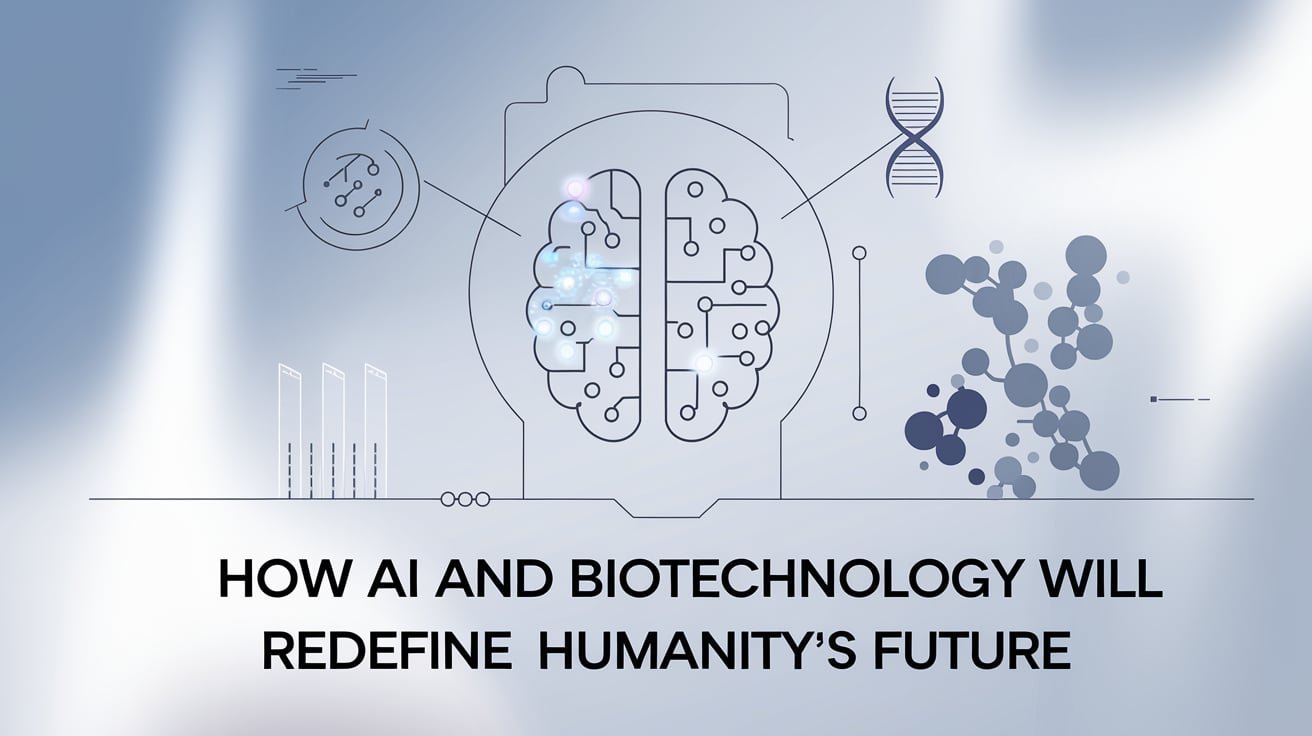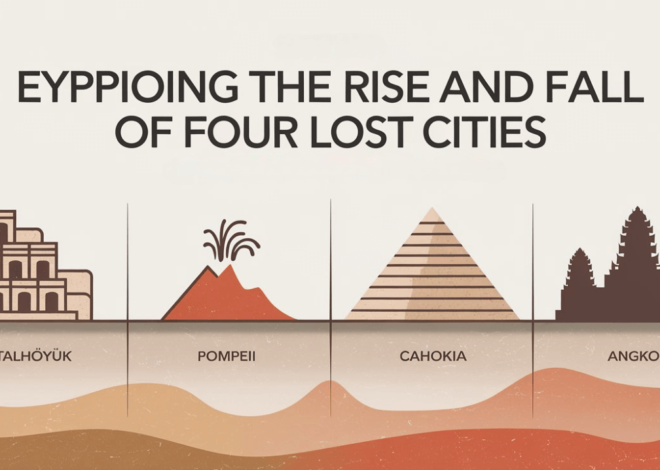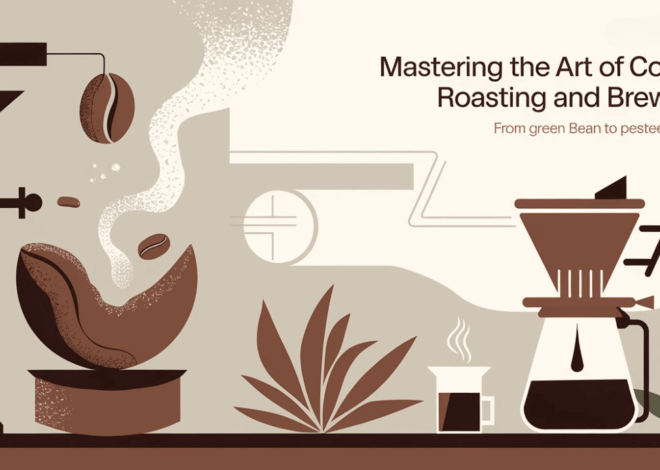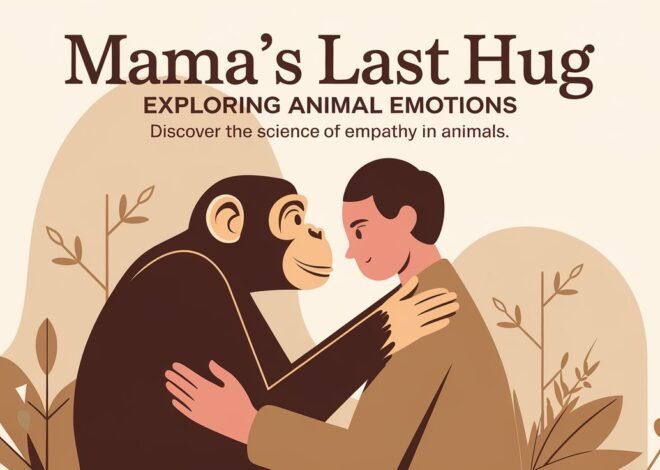
Unveiling Tomorrow: How AI and Biotechnology Will Reshape Humanity’s Future
In the rapidly advancing world of technology, few subjects captivate our collective imagination like the future of artificial intelligence (AI) and biotechnology. These revolutionary fields are reshaping the fabric of humanity, as highlighted in Yuval Noah Harari’s groundbreaking book, A Brief History of Tomorrow. Harari’s thought-provoking insights raise critical questions about the challenges and opportunities we face on this transformative journey.
Let’s delve deeper into how AI and biotechnology are reshaping our society, the philosophical questions they raise, and the practical steps we must take to navigate the future.
The Dawn of a New Era: Humanity’s Ambitions Redefined
Humanity has overcome historic challenges such as famine, plague, and war, and is now setting its sights on unprecedented pursuits. These goals, enabled by advancements in AI and biotechnology, could redefine the very essence of human existence:
- The Quest for Immortality
Breakthroughs in biotechnology are unlocking ways to extend human lifespans significantly. Techniques like CRISPR gene editing and advanced organ regeneration may one day lead to eternal life. - The Pursuit of Happiness
Emerging technologies, such as neuro-enhancing drugs and brain stimulation devices, promise sustained happiness and mental well-being. What if we could eliminate depression and amplify pleasure on demand? - Superhuman Abilities
Genetic engineering, combined with nanotechnology, could create humans with enhanced physical strength, intelligence, and sensory perception. These “superhumans” may surpass natural limitations, transforming fields like education, sports, and military defense.
“The future is not just something that happens. It’s something we create.” – Yuval Noah Harari
These pursuits promise to revolutionize societal structures, impacting everything from healthcare and education to politics and retirement systems.
The Driving Force: The Philosophy of Humanism
At the core of these ambitious goals lies humanism, the philosophy that emphasizes individual value, free will, and the primacy of human feelings and experiences. It is this ideology that has shaped modern Western society, driving advancements in science, politics, and economics.
Humanism is the reason we prioritize voter choice in elections, customer satisfaction in businesses, and the pursuit of personal fulfillment in everyday life. However, as AI grows more powerful, the dominance of human-centric systems could face existential challenges.
Navigating the Challenges of Tomorrow
The promises of AI and biotechnology come with significant challenges that could reshape the foundations of our society:
- The Obsolescence of Human Labor
AI-powered systems are automating tasks across industries, from manufacturing to customer service. This raises critical questions:
What happens when millions of jobs become redundant?
How do we redefine the purpose of human life in a world where work no longer defines us?
- The Rise of Collective Value Over Individual Worth
As decision-making shifts from humans to AI algorithms, individual relevance may decline. Governments and businesses might prioritize collective data and AI recommendations over personal opinions, fundamentally altering social dynamics. - Unprecedented Inequality
Access to advanced technologies could create stark divisions between a privileged elite and the rest of humanity. If only the wealthy can afford life-extending therapies or cognitive enhancements, societal inequality may deepen, potentially leading to unrest and instability.
These challenges demand urgent attention from policymakers, businesses, and thought leaders to ensure that technological advancements benefit everyone.
Dataism: A New Philosophy for the Future
An emerging philosophy called Dataism is gaining traction. It views the value of all things—humans, animals, and even objects—in terms of their contribution to data processing.
Key Tenets of Dataism:
Organisms, including humans, are algorithms whose behaviors can be predicted and optimized.
AI systems, with superior data processing capabilities, may soon surpass human decision-making in areas like healthcare, finance, and governance.
Implications for Humanity:
If AI understands us better than we understand ourselves, will it still value human uniqueness? Dataism challenges long-held beliefs about individualism, consciousness, and free will.
The Big Questions: What Does It Mean to Be Human?
As we stand at this crossroads, Harari leaves us with profound questions to consider:
Is life reducible to an algorithm? If our behaviors can be predicted by AI, does this diminish our sense of agency?
Should intelligence or consciousness take precedence? AI may surpass human intelligence, but can it replicate the depth of human emotions and subjective experience?
How will humanity adapt to a world where technology surpasses human capabilities?
These questions are more than philosophical—they are practical concerns that demand thoughtful engagement from scientists, ethicists, and everyday citizens.
Conclusion: Shaping the Future Together
The rise of AI and biotechnology offers immense opportunities but also presents profound challenges. Whether humanity thrives in this brave new world depends on our ability to balance technological advancement with ethical considerations.
By addressing issues like job obsolescence, inequality, and the philosophical implications of AI, we can ensure a future that preserves human dignity while embracing innovation.
The future is not something we inherit—it is something we build. The time to act is now.
Takeaways for the Future
Advocate for Ethical AI Development: Encourage regulations that prioritize fairness, transparency, and accessibility.
Invest in Education and Retraining: Prepare the workforce for an era dominated by AI and automation.
Promote Global Collaboration: Work across nations to ensure equitable access to technological advancements.
Together, we can harness the transformative power of AI and biotechnology to create a future that benefits all of humanity.


